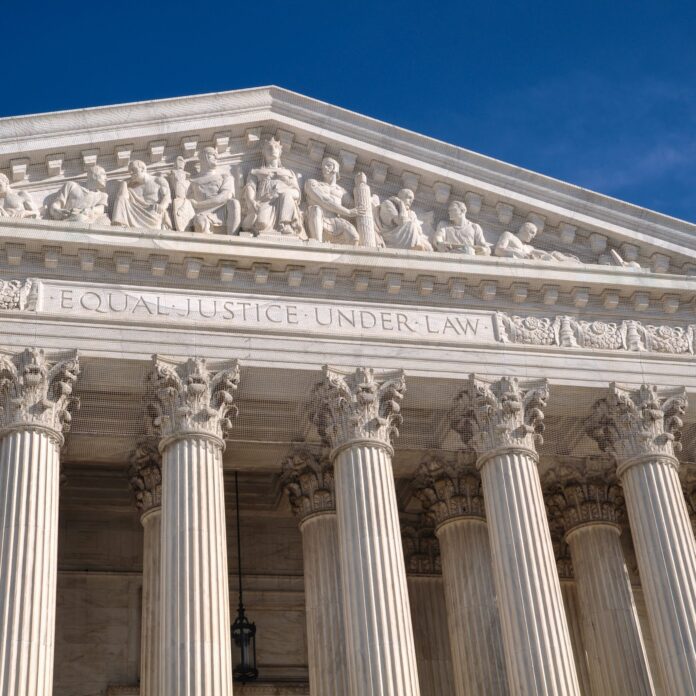The Supreme Court has ruled that municipalities need to provide written explanations in a timely manner when they choose to reject an application to build a new cell tower. The case was originally filed by T-Mobile South, which in 2010 wanted to build a tower in Roswell, Ga. The City Council rejected the request without a written explanation, saying that the minutes of the City Council meeting would explain the decision. Those minutes were not made available for 26 days.
The Supreme Court said that the Telecommunications Act requires a more timely explanation, but that the explanation does not necessarily need to be included in a city’s initial denial of a request to build a tower.
“The decision is a win for the deployment of wireless infrastructure,” said attorney Joseph Palmore, former deputy general counsel at the Federal Communications Commission. “By requiring local governments to provide written reasons for their zoning denials, today’s decision makes it easier for those denials to be reviewed in court. That kind of judicial review is an important check against unreasonable road blocks to critically needed wireless infrastructure.”
T-Mobile US said that the court win is one more example of its fight for fairness and transparency in providing mobile wireless services to consumers.
“Mobile customers demand better voice and data services – and now local governments must explain their reasons when they deny a permit application to build or modify a cell site and provide those reasons to the applicant contemporaneously with the denial decision,” the company said in a statement.
“Wireless providers must be informed in a clear-cut and timely manner when siting applications are turned down,” noted Jonathan Adelstein, CEO of wireless infrastructure trade association PCIA. “PCIA is pleased that the United States Supreme Court agrees with our assessment that the Telecommunications Act of 1996 requires localities to provide clear, written reasons when applications to build wireless facilities are denied.”
The ruling comes fewer than three months after the wireless infrastructure industry won another important victory in Washington. Last fall, the FCC adopted new rules that will reduce the “shot clock” review process from 90 days to 60 days for site modifications and will exclude certain distributed antenna systems, small cells and other discrete wireless facilities from environmental and historic preservation review.
Follow me on Twitter.

